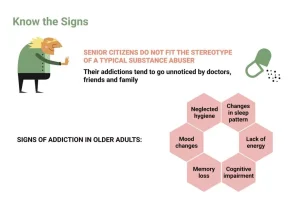
Moreover, this finding appeared attributable to individual differences in baseline (tonic) levels of SE. When urge Substance abuse and negative affect were low, individuals with low, intermediate or high baseline SE were similar in their momentary SE ratings. However, these groups’ momentary ratings diverged significantly at high levels of urges and negative affect, such that those with low baseline SE had large drops in momentary SE in the face of increasingly challenging situations.
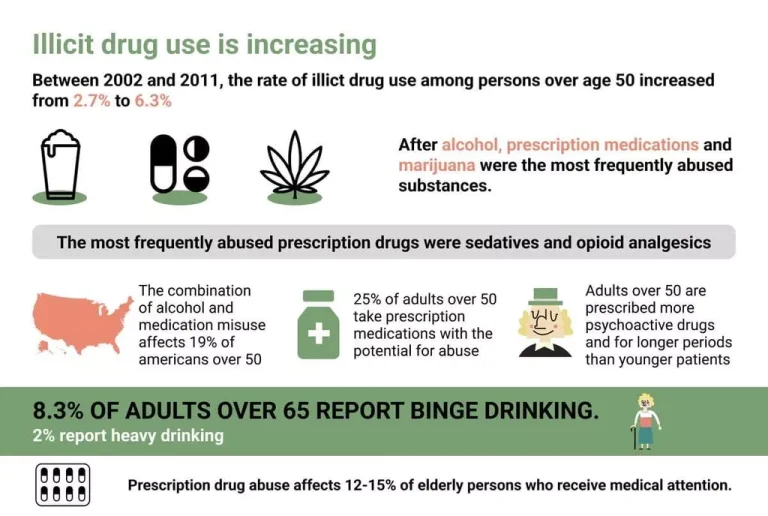
Emerging topics in relapse and relapse prevention
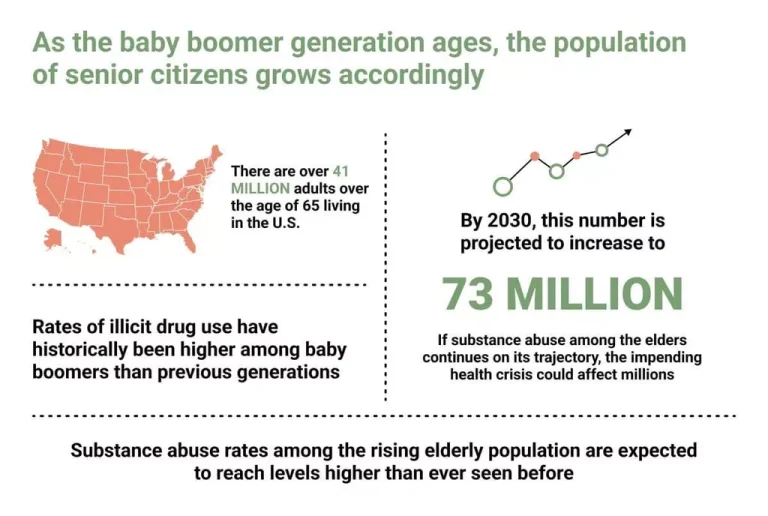
In addition to the recent advances outlined above, we highlight selected areas that are especially likely to see growth over the next several years. This is an open-access report distributed under the terms of the Creative Commons Public Domain License. You can copy, modify, distribute and perform the work, even for commercial purposes, all without asking permission. Taylor may think, “All that good work down the drain, I am never going to be able to keep this up for my life.” Like Jim, this may also trigger a negative mindset and a return to unhealthy eating and a lack of physical exercise.
- More and more, behavioral health organizations are moving away from “kicking people out of treatment” if they return to substance use.
- Whereas most theories presume linear relationships among constructs, the reformulated model (Figure 2) views relapse as a complex, nonlinear process in which various factors act jointly and interactively to affect relapse timing and severity.
- As an example, when out with friends at their favorite hangout, someone with alcohol use disorder may feel like having a drink.
- Rather than being overwhelmed by the wave, the goal is to “surf” its crest, attending to thoughts and sensations as the urge peaks and subsides.
A Good Treatment Program Can Help You To Avoid The Abstinence Violation Effect
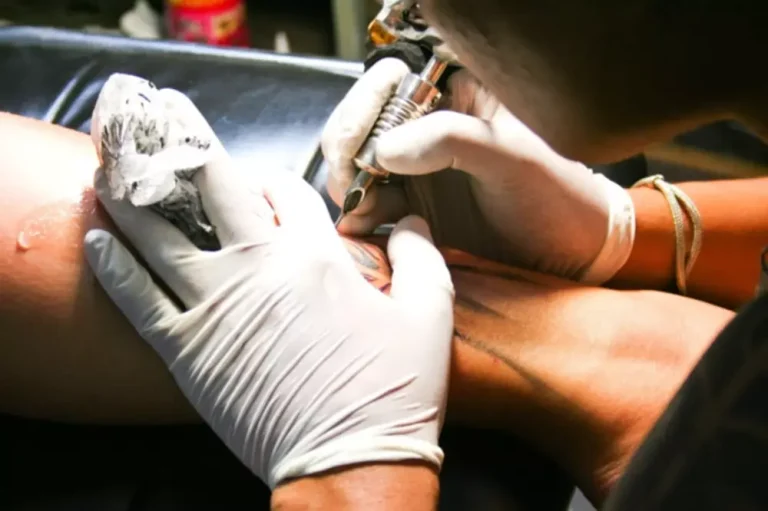
However, despite findings that coping can prevent lapses there is scant evidence to show that skills-based interventions in fact lead to improved coping 75. This protects their sobriety and enhances their ability to protect themselves from future threats of relapse. As a result of stress, high-risk situations, or inborn anxieties, you are experiencing negative emotional responses. Emotional relapses can be incredibly difficult to recognize because they occur so deeply below the surface in your mind. Relapse prevention includes understanding what triggers substance abuse, which varies from person to person.
THE ABSTINENCE VIOLATION EFFECT
Rather than signaling weaknesses of the model, these issues could simply reflect methodological challenges that researchers must overcome in order to better understand dynamic aspects of behavior 45. Ecological momentary assessment 44, either via electronic device or interactive voice response methodology, could provide the data necessary to fully test the dynamic model of relapse. Future research with a data set that includes multiple measures of risk factors over multiple days could also take advantage of innovative modeling tools that were designed for estimating nonlinear time-varying dynamics 125. Some researchers propose that the self-control required to maintain behavior change strains motivational resources, and that this “fatigue” can undermine subsequent self-control efforts 78. Consistent with this idea, EMA studies have shown that social drinkers report greater alcohol consumption and violations of self-imposed drinking limits on days when self-control demands are high 79. Limit violations were predictive of responses consistent with the AVE the following day, and greater distress about violations in turn predicted greater drinking 80.
Abstinence Violation Effect
She has previously been awarded grants by state and federal governments, NHMRC and other public funding bodies for alcohol and other drug research. She also works as a paid evaluation and training consultant in alcohol and other drugs. Katinka has previously been awarded grants by state governments and public funding bodies for alcohol and other drug research. There may be an internal conflict between resisting thoughts about drugs and compulsions to use them. There is a possibility that you might rationalize https://ecosoberhouse.com/ why you might not experience the same consequences if you continue to use. A relapse is the result of a series of events that occur over time, according to psychologist and researcher Alan Marlatt, Ph.D.
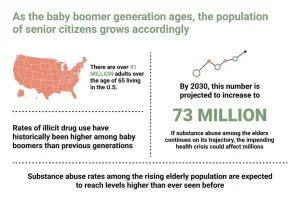
Is a Relapse Dangerous?
- Many people can relate to this feeling of guilt when they use a substance, like alcohol or marijuana, after promising themselves they wouldn’t.
- Cognitive-behavioral theories also diverged from disease models in rejecting the notion of relapse as a dichotomous outcome.
- Other studies have similarly found that relationships between daily events and/or mood and drinking can vary based on intraindividual or situational factors 73, suggesting dynamic interplay between these influences.
- Consistent with the RP model, changes in coping skills, self-efficacy and/or outcome expectancies are the primary putative mechanisms by which CBT-based interventions work 126.
As outlined in this review, the last decade has seen notable developments in the RP literature, including significant expansion of empirical work with relevance to the RP model. Overall, many basic tenets of the RP model have received support and findings regarding its clinical effectiveness have generally been supportive. RP modules are standard to virtually all psychosocial interventions for substance use 17 and an increasing number of self-help manuals are available to assist both therapists and clients. RP strategies can now be disseminated using simple but effective methods; for instance, mail-delivered RP booklets are shown to reduce smoking relapse 135,136. While attesting abstinence violation effect to the influence and durability of the RP model, the tendency to subsume RP within various treatment modalities can also complicate efforts to systematically evaluate intervention effects across studies (e.g., 21). Findings from numerous non-treatment studies are also relevant to the possibility of genetic influences on relapse processes.
- Additionally, we review the nascent but rapidly growing literature on genetic predictors of relapse following substance use interventions.
- It is not necessarily a failure of self-control nor a permanent failure to abstain from using a substance of abuse.
- The following sections provide an overview of major theoretical, empirical and applied advances related to RP over the last decade.
Is it different to ‘damp drinking’?
Having a drink is reserved for special occasions, but generally doesn’t feature in everyday life. The proportion of young people who’ve never consumed a full glass of alcohol has also more than doubled since 2001, from 7.5% to 16.3%. And when they do drink, they are drinking less and less often than previous generations at the same age. The Institute for Research, Education and Training in Addictions (IRETA) is an independent 501(c)3 nonprofit located in Pittsburgh, PA. Our mission is to help people respond effectively to substance use and related problems. Considering the numerous developments related to RP over the last decade, empirical and clinical extensions of the RP model will undoubtedly continue to evolve.